Alcoholic beverages, whether a refreshing beer, a glass of wine, or a spirited cocktail, play a significant role in social gatherings and celebrations. However, depending on where you live, the cost of indulging in these drinks can vary dramatically. In this article, we delve into the states with the highest taxes on distilled spirits and beer, using data sourced from Yahoo Finance.
The data, originally collected by the Distilled Spirits Council of the United States, highlights the states with the highest alcohol and beer taxes in 2023. This ranking is based on distilled spirits excise tax rates as of January 2023, considering various fees and taxes to ensure comparability across states. Additionally, we also mention the beer excise tax rate for each state.
Washington
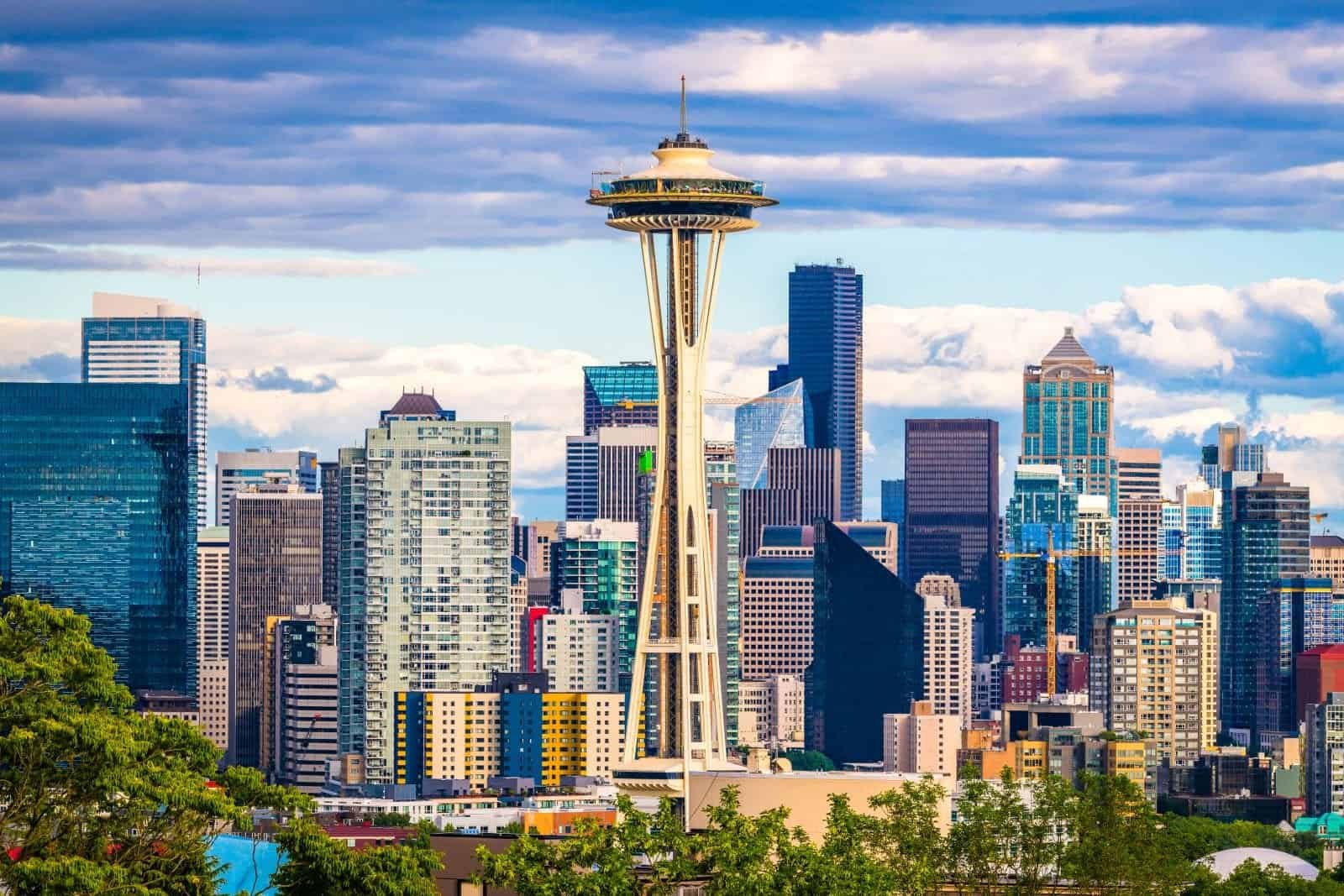
Tax on distilled spirits: $36.55 per gallon
Tax on beer: $0.26 per gallon
Washington has the highest alcohol tax rates in the United States, particularly on distilled spirits. While this high levy generates revenue for public services, it also drives up alcohol prices and may force consumers to seek cheaper alternatives in neighboring states. The state’s liquor privatization 2012 aimed to mitigate potential revenue losses from these high taxes.
Oregon
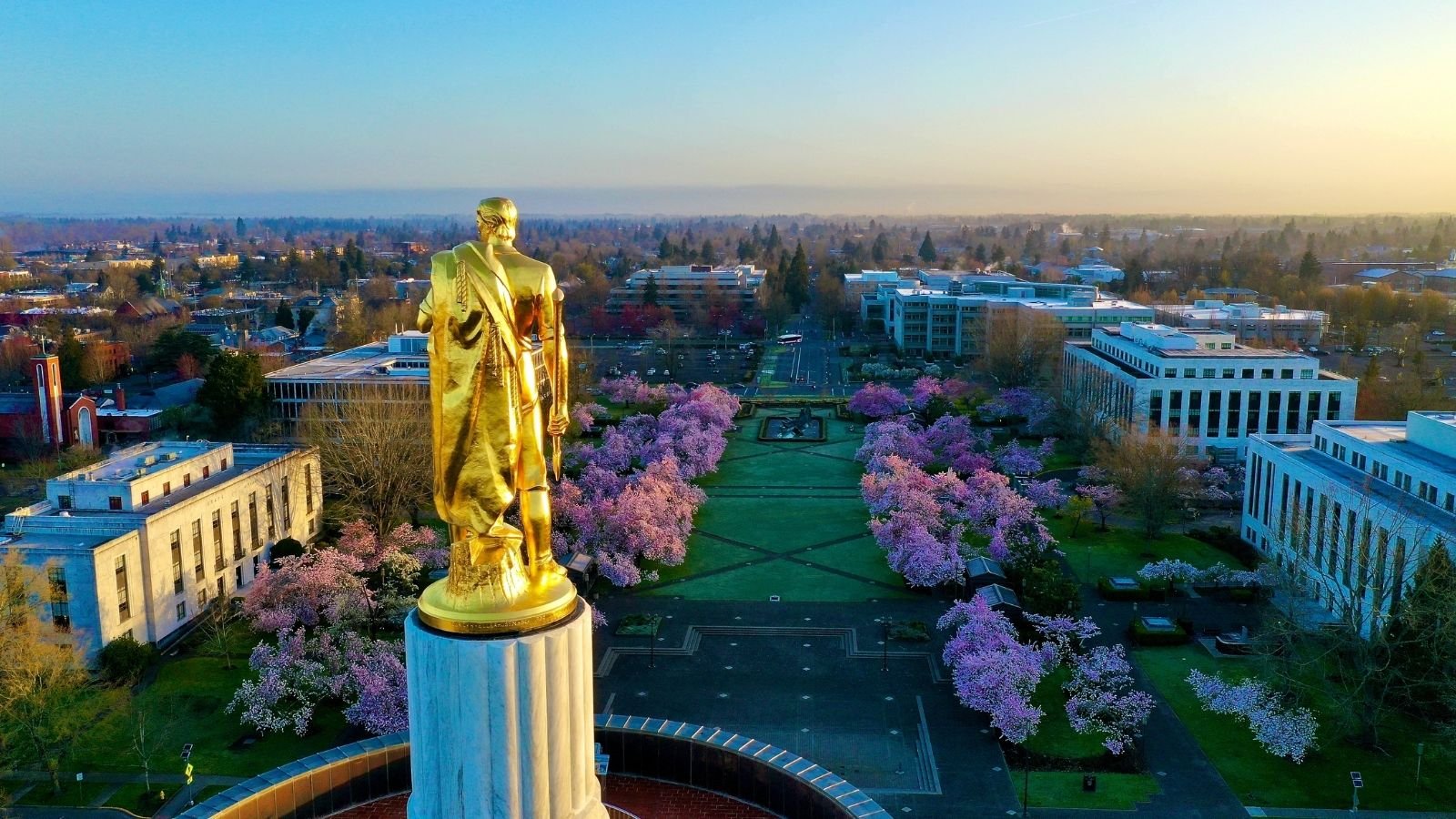
Tax on distilled spirits: $22.86 per gallon
Tax on beer: $0.08 per gallon
Despite its reputation as a drinker’s paradise, Oregon has low taxes on beer and distilled spirits. This has led to a thriving craft beverage industry, with more craft distilleries than in Kentucky and second only to California in wineries. One unique feature of Oregon’s alcohol tax system is the 10-cent deposit on all beverages except wine and distilled liquor. This high deposit encourages consumers to return bottles and cans, resulting in a high recycling rate of 86%.
Virginia

Tax on distilled spirits: $22.06 per gallon
Tax on beer: $0.26 per gallon
Virginia is a “control” state for liquor sales. This means the state government operates all liquor stores through its ABC (Alcoholic Beverage Control) system. Virginia’s ABC stores mark up the cost of liquor in addition to taxes, leading to potentially higher prices for consumers compared to states with a more open market. Virginia’s ABC system generated significant revenue in 2022, with gross revenues reaching $1.4 billion and contributing $622.8 million to state programs and services.
Alabama
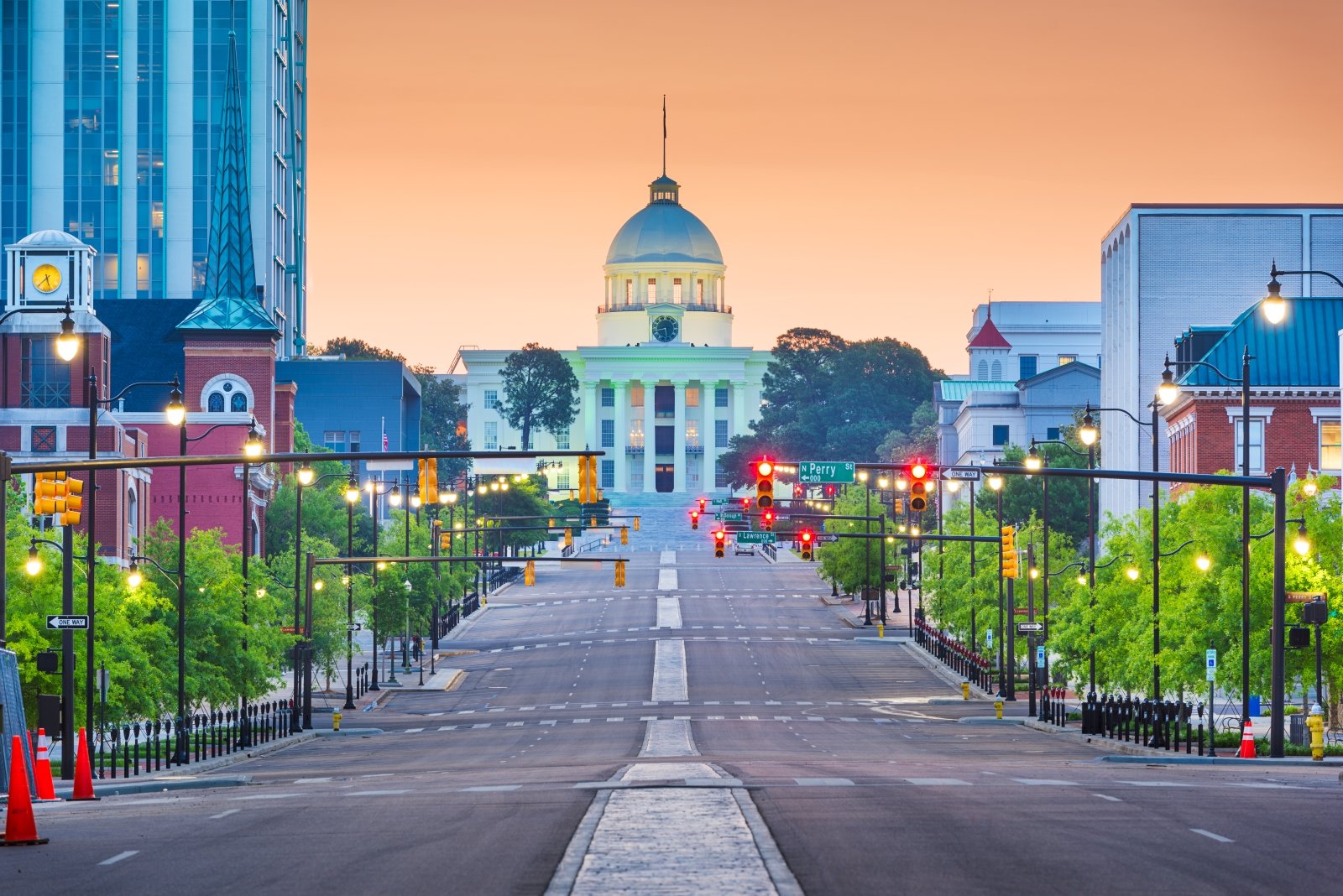
Tax on Distilled Spirits: $21.69 per gallon
Tax on beer: $0.53 per gallon
Alabama stands out with a lower prevalence of excessive drinking, at 16%, compared to the national average of 19%. This is likely due to the state’s stringent alcohol regulations, which, including a significant tax on distilled spirits, enable better control over liquor manufacturing, distribution, and sales. Despite these restrictions, Alabama collected over $272 million in alcohol taxes in 2021, which is used to fund various public services.
North Carolina

Tax on distilled spirits: $16.4 per gallon
Tax on beer: $0.62 per gallon
As a control state, North Carolina’s liquor sales are exclusively managed by the state government through its ABC stores. While beer and wine are available at grocery and convenience stores, liquor can only be purchased at ABC outlets. In fiscal year 2022, the state’s ABC stores generated $1.72 billion in revenue from spirituous liquor sales and an additional $2.2 million from fortified wine. Despite these measures, excessive drinking in North Carolina imposed an estimated cost of $9.72 billion in 2017, reflecting a significant increase from 2010.
Utah

Tax on distilled spirits: $15.92 per gallon
Tax rate on beer: $0.41 per gallon
While the state’s Mormon population, which prohibits alcohol consumption, influences overall consumption levels, Utah’s liquor and wine stores still recorded substantial sales. Utah generated significant revenue from alcohol sales in 2023, reaching $579 million. This revenue contributed $236.13 million to state taxes, funding various public services.
Iowa

Tax on distilled spirits: $14.1 per gallon
Tax on beer: $0.19 per gallon
Both state-imposed regulations and federal excise taxes influence Iowa’s high alcohol prices. State laws requiring the use of specific distribution partners and state-run warehouses contribute to higher costs. At the same time, federal alcohol taxes, collected from brewers and distillers, are typically passed on to consumers. While some tax discounts are available for small brewers, the combined effect of these taxes results in higher alcohol prices in Iowa compared to states with fewer regulatory burdens.
Michigan

Tax on distilled spirits: $13.57 per gallon
Tax on beer: $0.2 per gallon
Michigan has recently implemented several changes to its alcohol laws. A new law will allocate liquor taxes towards funding the state’s deputy road patrol, starting with an additional $15 million in the first year and increasing by 5% annually. Additionally, Governor Gretchen Whitmer has signed legislation allowing the sale of alcohol at college stadiums and arenas.
Alaska

Tax on distilled spirits: $12.8 per gallon
Tax on beer: $1.07 per gallon
Alaska, known for its high beer tax, has seen a shift in alcohol consumption patterns. Despite its reputation as a heavy-drinking state, Alaska has been consuming less beer and more liquor and wine, with a growing preference for craft beer. The state’s increased alcohol taxes in 1983 and 2002 have had a positive impact on public health, leading to significant and lasting reductions in alcohol-related deaths.
Idaho
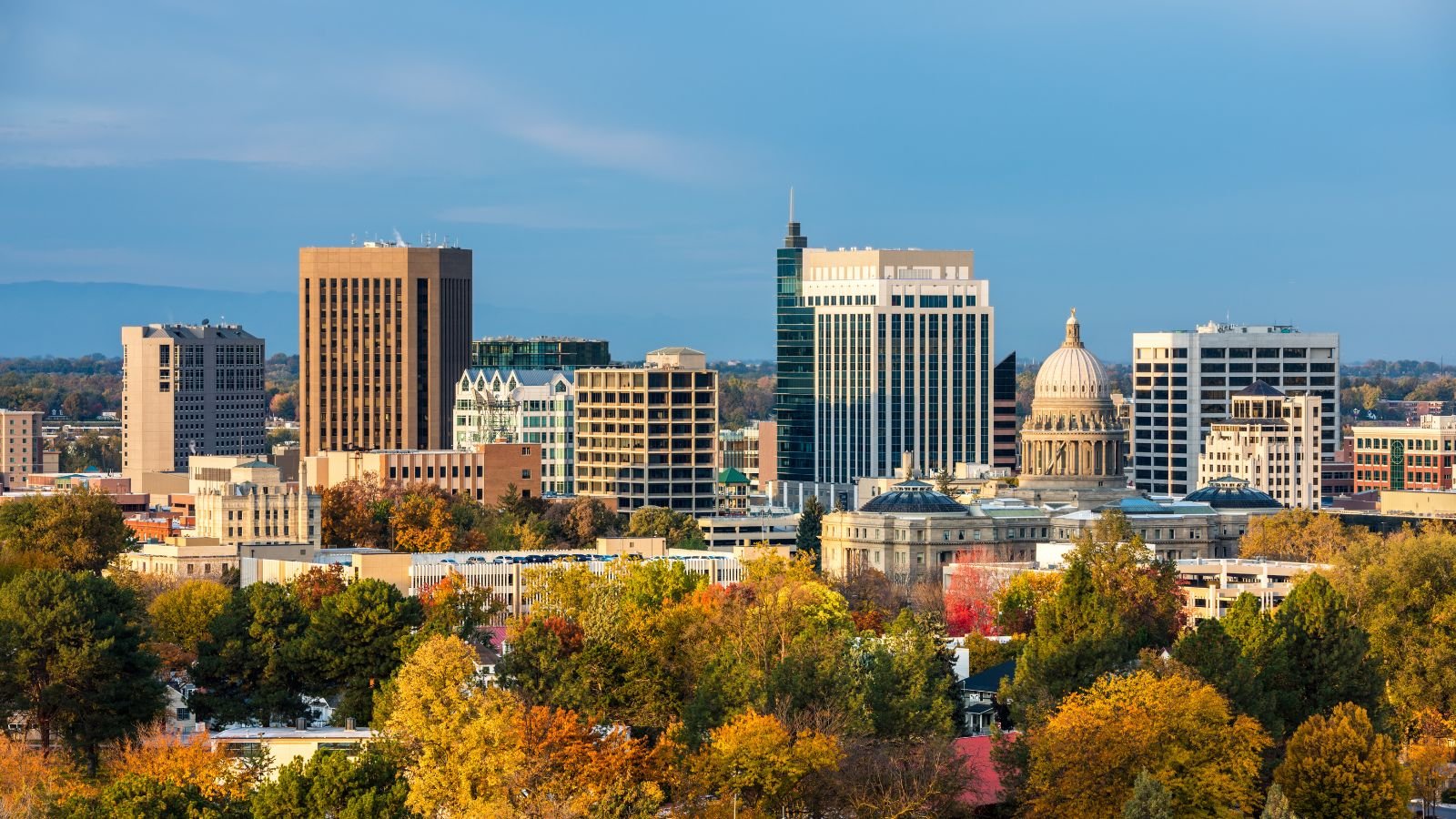
Tax on distilled spirits: $12.15 per gallon
Tax on beer: $0.15 per gallon
Idaho, a state with relatively low alcohol consumption, has a unique tax structure for beer, distinguishing between regular beer (under 5% ABV) and strong beer (over 5% ABV). Strong beer is taxed at a higher rate and requires a wine tax permit for sale. Despite its low alcohol consumption ranking, Idaho set a new record for liquor spending in the last fiscal year, reaching just under $320 million. This generated $115.6 million in liquor tax revenue for the state, cities, and counties.
Maine

Tax on distilled spirits: $11.96 per gallon
Tax on beer: $0.35 per gallon
As a control state for spirits, Maine’s liquor sales are managed by the state through its ABC stores. However, grocery stores and gas stations are allowed to sell beer, wine, and liquor. Despite being known for coffee-flavored brandy, Maine has a vibrant craft beer industry with over 90 breweries, especially in Portland. The state’s control over liquor sales eliminates the need for an additional excise tax on spirits, as revenue is generated directly from sales.
Ohio
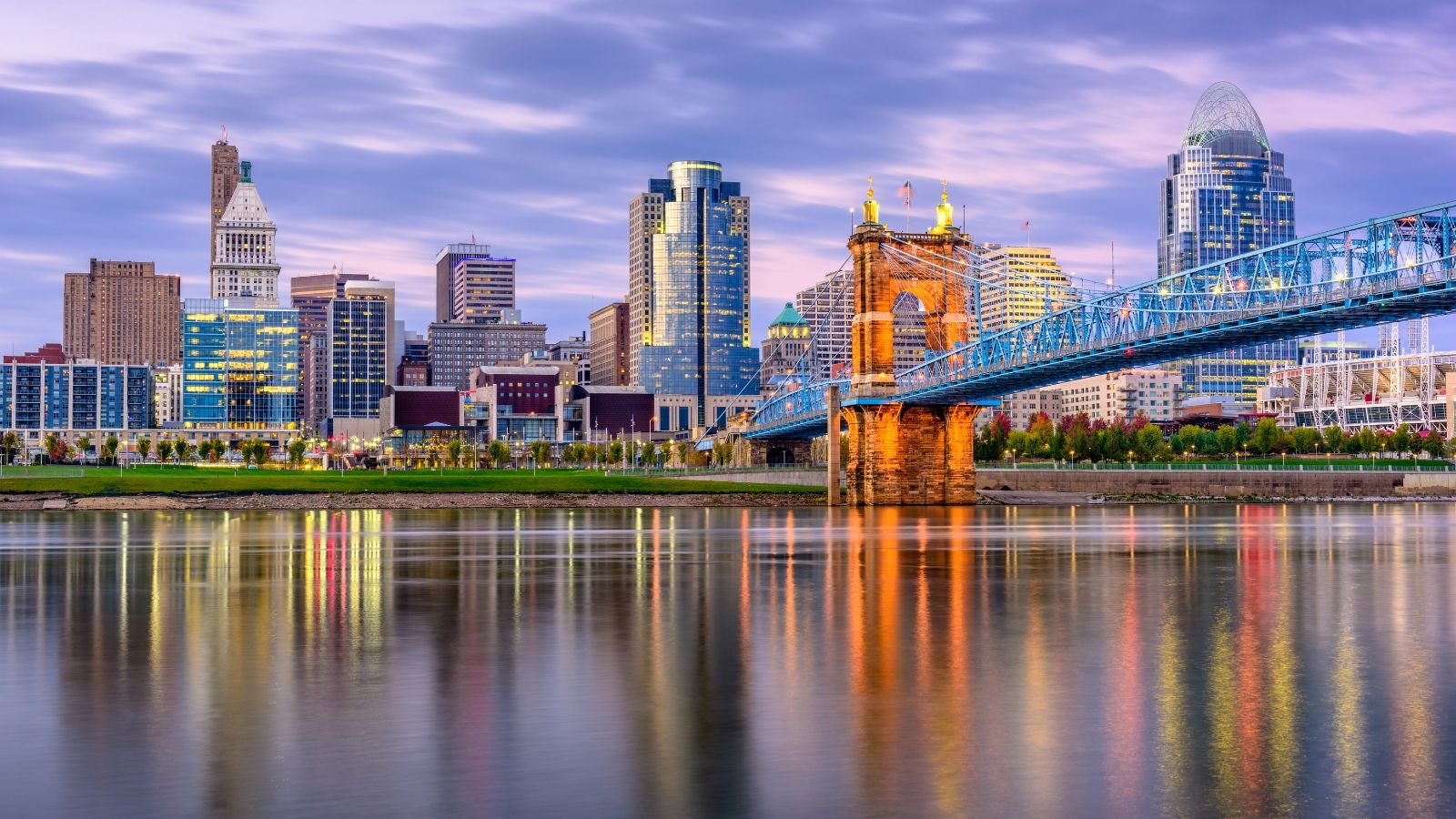
Tax on distilled spirits: $11.38 per gallon
Tax on beer: $0.18 per gallon
Ohio saw a rise in alcohol tax revenue in 2020, likely due to increased consumption during the pandemic. This revenue reached $113.6 million, reflecting an increase of 7.8% over 2019. However, a survey from DrugAbuse.com suggests a decline in average alcohol consumption by Ohioans in 2021, with residents drinking 11% fewer drinks compared to 2020. This shift could be attributed to a return to normalcy as pandemic restrictions eased and people resumed out-of-home work routines.
